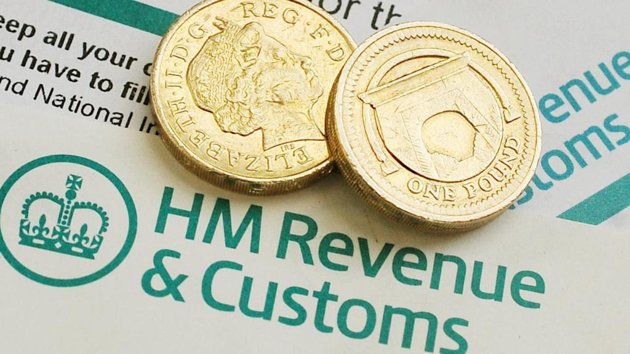There is a chapter in Dickens’ festive classic, A Christmas Carol, where Ebenezer Scrooge witnesses a harrowing scene. Gifted with foresight by his companion, the ‘Ghost of Christmas Yet to Come’, the scene features two old hags and an undertaker pilfering the possessions of a corpse, lying very recently deceased.
The image of robbing from the corpse (which turns out to be Scrooge himself) invokes instinctive horror from the reader, even very young readers, at its callousness. This part of Dickens’ famous story, and the feelings of disgust it evokes, has long been close to mind for me when I contemplate the inheritance tax. Through this unfair levy, the British state, like the wretches in A Christmas Carol, engages in an activity that amounts to little more than the fleecing of a corpse.
The immorality of such a tax is astounding. Not only is it punitive, but it also amounts to a double-tax, one which is demanded of even those who are not very wealthy. Compare it to another controversial tax, for instance; I could, in theory, understand a standpoint that argues for a ‘mansion tax’ on expensive properties. That doesn’t mean I support it, but I could at least see the point of view of the one who would argue for it. With inheritance tax, however, it is not only those with large amounts of money and property whom are punished for it.
A small personal illustration, if it is permitted; my grandmother is not a wealthy woman by any stretch of the imagination, but she is blessed with a decent amount of savings and a small house in Berkshire (which was purchased when Margaret Thatcher allowed council house dwellers to buy their own homes off of the state; funny how the positives of that decision are never discussed anymore…). She is also, as we all are, dying.
As is quite often the case when someone reaches the end of their life, her children are being careful to work with her to ensure that her savings are passed on in the manner she wishes them to be. Looming over all of this is the horror of the inheritance tax, which unfairly consigns huge percentages of her life savings to the coffers of the state.
All this, and by the very same state which had already bestowed taxes on her throughout her life in the very first place. In spite of those taxes, she and her late husband were able to save up a small amount. And now her children have to sit with lawyers to try and work out ways so that the state can take as little off them as is legally possible.
I am sure I am particularly bitter about this because it affects my family, and it is a close-to-home issue for me. But the reality of it is that this issue is close to home for many, many British people.
The Taxpayer’s Alliance recently conducted some research on the inheritance tax (documented here in a piece for The Telegraph, showing that the average house price in the south east of England is now situated within the threshold for paying the tax. It is not just “the rich” (those evil devils!) who are punished by the tax, but your average homeowner.
Yesterday, the Daily Express re-reported what Breitbart London exclusively broke 3 months ago: UKIP’s intention to axe the inheritance tax. I must say that it is nice to see a political party not putting up with it. Scrapping the inheritance tax was initially a Tory pledge in their pre-election manifesto, but this was discarded as a compromise of entering coalition with the Lib Dems. Sure enough, the Tories have been coming out against the tax, mostly for no other reason than the proximity to the 2015 General Election. But they reneged on their opposition to it easily enough in 2010.
So I say, for all their faults, I commend UKIP for being the only party who genuinely want the inheritance tax gone, who recognize it as unjust and immoral, unfairly punishing the families of hard workers across the land. We shouldn’t stand idly by as the dead are fleeced by the state. Axe the tax!

COMMENTS
Please let us know if you're having issues with commenting.